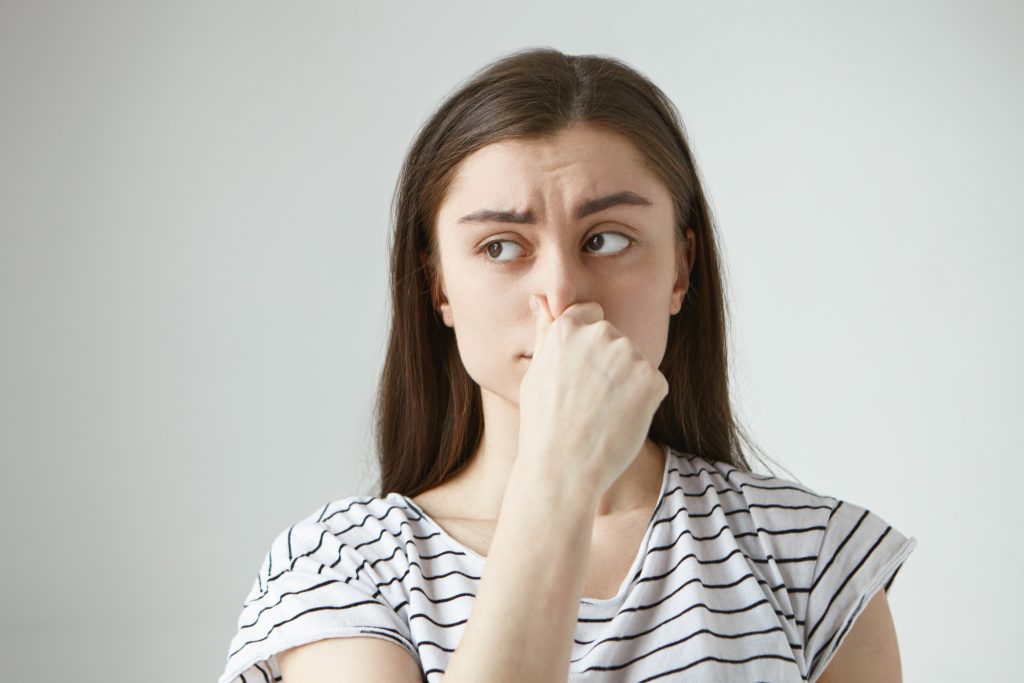One of the biggest social faux pas today is having bad breath. ‘Halitosis’ as it is called medically, is a condition that affects nearly a quarter of all people. Fortunately, there are plenty of ways to keep it under control.
What Causes Halitosis?
The primary cause of halitosis is poor oral hygiene. When we eat, particles of food may be left behind in the mouth. These particles are broken down by bacteria living in the mouth. This releases various chemicals that have the strong odour we associate with bad breath.
However, halitosis can also be caused by a number of reasons other than hygiene:
- Dry mouth. Saliva in the mouth is essential for keeping it clean. Various conditions can cause dry mouth, leading to bacteria accumulating. These bacteria, in turn, cause halitosis.
- Drugs and other substances, such as coffee, strong alcohols and tobacco, create a strong odour in the mouth.
- Diseases and infections in the nose, throat, tonsils or sinuses can cause Halitosis. Additionally, conditions such as gastrointestinal reflux or liver failure can also cause Halitosis due to the build-up of chemicals.
Medical issues that lead to chronic halitosis are more difficult to control than simple bad breath.
Controlling Bad Breath
Non-chronic bad breath is relatively easy to manage. The simplest and most important way is to improve oral hygiene.
Oral hygiene can be improved in the following ways:
- Brushing: The mouth should be brushed at least twice daily, especially after mealtime. In addition to the teeth, the tongue harbours bacteria and should be thoroughly cleaned as well.
- Flossing: Brushing will not clean all parts of the mouth. Food particles can get wedged between the teeth and must be extracted by flossing, or else they will be broken down by bacteria and cause bad breath. Flossing should be done at least once a day.
- Mouthwash: Mouthwash can be used to supplement brushing and flossing in order to keep the mouth clean and hygienic.
- Avoid Dry Mouth: Stay hydrated throughout the day in order to prevent the mouth from drying out. Sugar-free chewing gum can be used to stimulate saliva production. For chronic dry mouth caused by a medical condition, a doctor can prescribe medicines that encourage saliva production.
- A Simpler Diet: Avoid food and spices that have a strong odour, such as onions, garlic and coffee. Avoid sugary foods as well, since they help bacteria thrive.
If the above methods are not effective, then it is likely that you are suffering from chronic halitosis. In that case, it is recommended to see a dentist or doctor.
Dental Methods for Controlling Halitosis

A dentist can check for the following conditions that may cause halitosis:
- Cavities
- Tooth Decay
- Gum Disease, etc.
Many other oral or dental conditions can lead to halitosis, but can be fixed with a visit to the dentist.
Final Words on Bad Breath
Halitosis is one of the most common medical conditions in the world. Dealing with bad breath can be frustrating for many people. Fortunately, there are a number of simple solutions that will easily bring it under control. In case those solutions don’t work, Dentists are well-equipped to provide further help.

